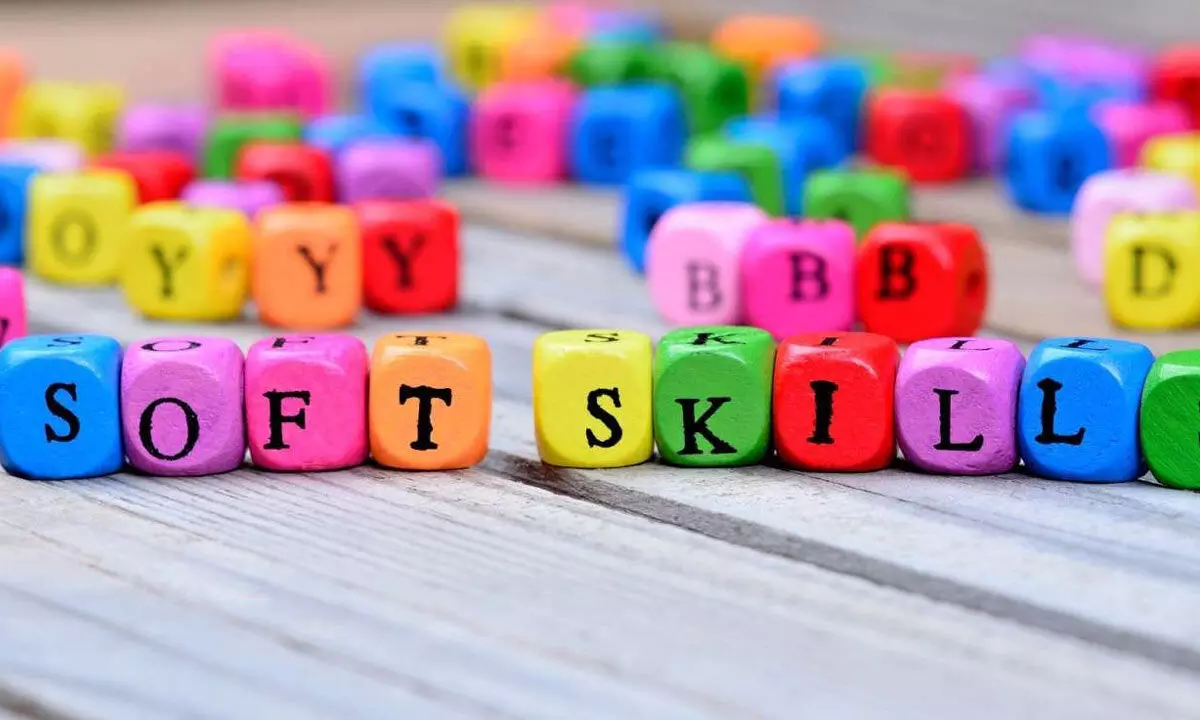Bridging education and soft skills for future-readiness

Skills gaps are not a new topic, but it is one that has been increasingly dominating discussions in organisations and amongst policy makers.
Skills gaps are not a new topic, but it is one that has been increasingly dominating discussions in organisations and amongst policy makers. According to a study conducted by Harvard University, Carnegie Foundation and the Stanford Research Centre; 85% of job success comes from having well-developed people skills or soft skills while only 15% comes from technical skills or hard skills.
These skills—often referred to as “21st-century skills”—are essential for problem-solving, collaboration, emotional intelligence, and leadership. A report by the World Economic Forum states that by 2025, over half of all employees will require significant re-skilling and upskilling due to technological advancements. It is therefore imperative to align education with innovative ways for soft skills development.
The mission is simple: more important than academic competence, ensure that students possess the personal and interpersonal skills necessary to thrive in an dynamic and often ambiguous work environment. From my years of working experience both in the corporate and developmental sector, here are some strategies that I have found very effective in bridging this skill gap.
1. Experiential Learning
In the fast-changing and dynamic 21st century world, situations, people, and circumstances shift at lighting pace. So, what worked well before has no guarantee of success the next moment. So, for us to learn how to think effectively, we need to be able to abstract our reflections of one situation and distil them into principles that we can apply in new situations. This is the essence of experiential learning – a key foundation stone to effective life skills development.
2. Service is a proven, powerful medium to develop life and leadership skills
By integrating a volunteering program into the school curriculum, students can learn how to manage diversity, make decisions in ambiguity, and innovate frugally.
They also build empathy, resilience, effective communication and problem-solving skills essential traits to succeed and flourish. Volunteering also helps build a strong community of life-long connections that students can tap into for their personal and professional growth.
3. Collaboration through play-based mediums
Collaboration is a key skill in nearly every professional setting. To prepare students for future careers, schools must create opportunities for teamwork. Curricula that use fun and creative mediums like team sports, the arts and free play incorporated into mainstream education are effective ways of building collaboration skills.
4. Diversity & Inclusion
In today’s global workforce it is critical to learn how to interact and work with people from various backgrounds. To achieve this goal, we need to ensure that students see other defined by their roles and not by gender, ethnic and economic background, caste or religion. Schools can incorporate programs that use role-reversal workshops and mixed-group activities where students are able to challenge traditional stereotypes in a real-life setting, e.g., mixed gender team sports. Training teachers to use neutral language in instructions and discussions reduces the unconscious reinforcement of biases.
Close collaboration between education institutions, non-profit organizations, government agencies, and local community stakeholders will allow resources, expertise, and networks to be pooled to design and implement effective skill development programs. By working together, these stakeholders can implement educational initiatives to address specific skill gaps that will prepare students for the future.
Whether it is a customised curriculum, setting up a training centre, apprenticeships or mentorship; collaborative efforts can have a transformative impact to bringing change to skill development at scale.
(The author is CEO, Enabling Leadership Global)








